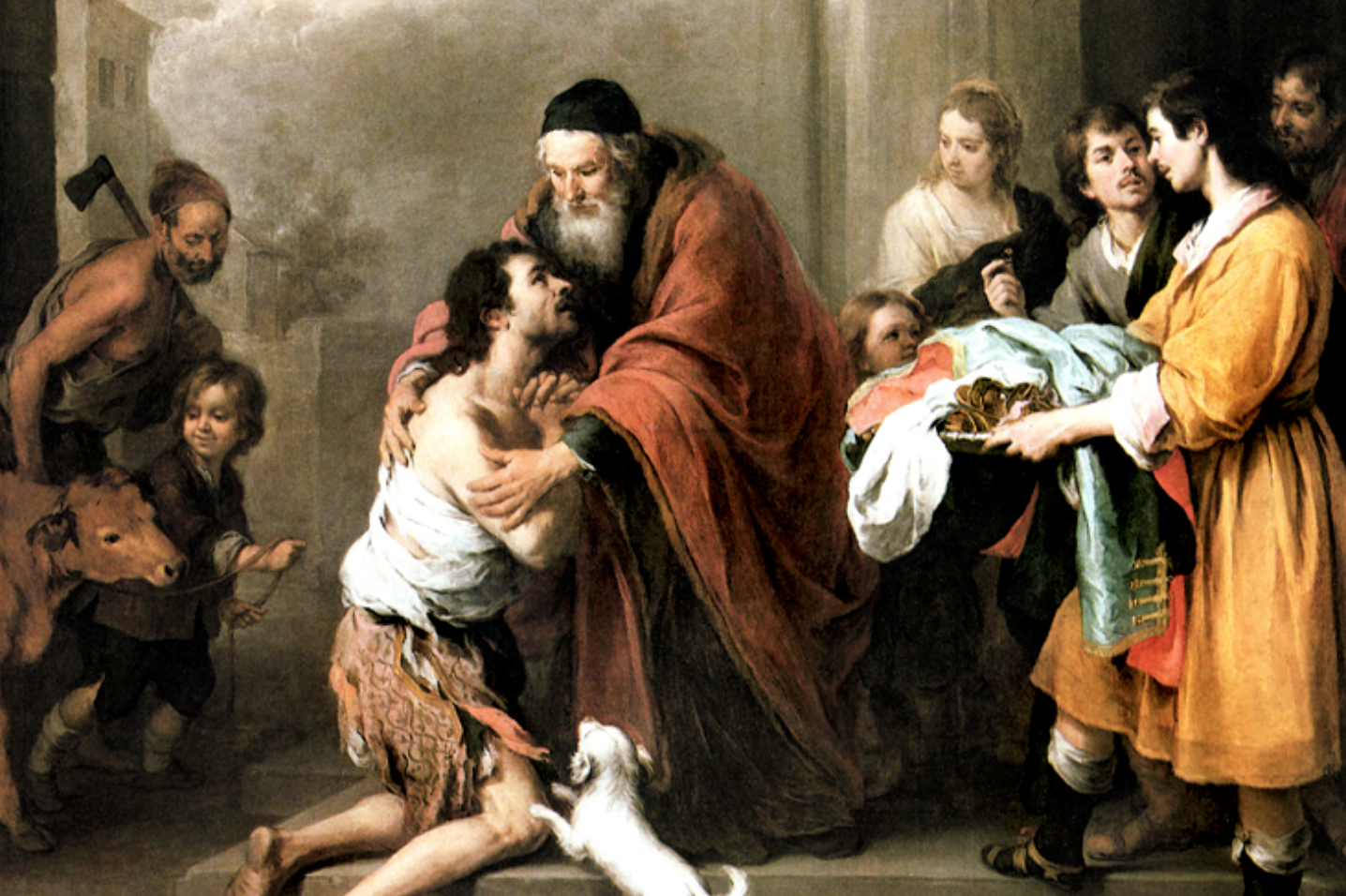Contrary to cults, Jesus did not rise ghostly on the third day. He was raised in the flesh. The Easter season brings with it an essential topic for conversation at the COVID-19 table. One of the most painful reminders that we still live in a fallen world is that we are–for good order and prudence–inhibited from hugging, kissing, and shaking the hands of our neighbors. The terminology “social/physical distancing” pushes back against the Christian faith. We are the most embodied religion on planet earth because of an embodied risen Lord, and yet, at this stage, we are urged to avoid resurrection affection to the saints. But the Christian faith receives God in a journey of social nearing to his people. We may rightly say it is contrary to our religion to avoid physical connection with others. But alas, we find ourselves in this pitiful state.
This entire affair is one element of God’s judgment on his people that we too rarely consider. The Apostle’s life is one where he longed to be with God’s people and greet them with a kiss. Paul was not content suffering for the cause of Christ in a prison cell away from God’s people. He did not appreciate his isolation from church life. While the Gospel prospered even in Paul’s imprisonment, he longed to see the people of God (Rom. 1:11).
The apostolic model calls us to use this time to meditate on how little we show physical affection to those nearest to us. If anything, we need to consider how few tangible acts of love we offered before the pandemic kept us away from the presence of others. It is a scientific affirmation that hugs between fathers and sons, for instance, improve physical and psychological well-being.a There is too much at stake in this conversation beyond economics. Easter comes with tangible consequences.
It is common to think that the Pauline imperatives belong to an ancient culture where physical affection was time-bound, but we now live in a more personalized western environment where our interactions do not require physicality. But it’s important to note that this is not the Western perspective. While some may feel this way in this country, Latinized countries and the vast majority of European nations practice some physical form of greeting one another.b It is entirely possible and likely that our germaphobia is linked to our dismay of what the Bible and the vast majority of cultures consider normal.
If this seems too far-fetched, consider that there are already some pushing for the end of hand-shakes. It may be in jest, but the mere mention is a sign that we are trading embodied religion for a ghostly one. The first keeps us at risk, but faithful; the latter keeps us safe, but weak.
There is a lot of talk among Christians about how this season demands love for one another. The logic is that “social distancing,” requires the renunciation of all things non-essential. The debate rages on what precisely “non-essential” means. For many U.S. states, the worship of God is non-essential; some are going so far as to suggest that no singing is to be done during live streaming worship. Some governors are admonishing that traveling outside the home is endangering others and is to be avoided. How far do we go in the social distancing experiment?
There is a case for loving one another by keeping a safe distance. Our elderly saints and those susceptible deserve that love at this point. But there is a compelling case that discouraging the gathering of the saints and the resumption of normal activities is also not loving one another. To keep our relatives distant and apply specific protocols is one thing, but to avoid the communion of saints for the sake of a risk-free faith is the opposite of love.
We are at a place where love needs contemplation in its entirety. We cannot adopt love as a safe commodity. Love itself is embodied. Jesus ministered to the sick, engaged the outcast, approached us when we were yet sinners, and died for us. On the third day, his tangible, physical ministry received the approval of the Father. Easter is God’s response to social distancing.
We can learn much from this season. And there are great mercies to be poured on God’s people. Among the great mercies is the opportunity to re-learn the language of physicality. For the parents who failed to hug their children throughout their lives, may these days force them to greater nearing. For husbands who do not show sufficient affection to their wives, may their kisses increase. For friends who failed to weep with those who weep, may they draw nearer. For saints who long to see one another and whose condition is not a threat to one another, may they experience the embodied religion of the risen Messiah. We may be forcibly isolated, but we are not forced to isolate our affections in word and deed.
- The humble hug represents security, reassurance and love – and as well as emotional benefits there is well-documented scientific evidence that regular hugging improves physical and psychological well-being. Researchers at the University of North Carolina found that the bonding hormone oxytocin rises substantially the more hugs a person receives. https://www.menshealth.com/uk/health/a754361/why-hugs-are-good-for-father-son-bonding/ (back)
- https://jetfarer.com/brazilian-kissing-culture-greetings/ (back)




















[…] A Response to Social Distancing – Kuyperian Commentary — Read on kuyperian.com/a-response-to-social-distancing/ […]